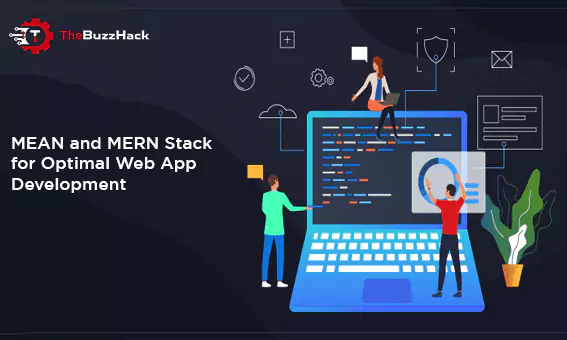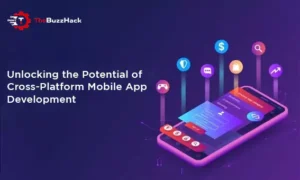
MEAN and MERN Stack for Optimal Web App Development
In the era of rapid digital transformation, technological advancements and evolving market demands are reshaping the business landscape. While apps and websites are essential, they are not the sole means of fostering business growth in this digital age. The strategic selection of the right technological stack for a project demands a high level of intelligence.
The choice of the right stack profoundly influences long-term business success, prompting questions like: Which stack should I opt for? Which one is most effective? To address these queries, let’s delve into the disparities and advantages of MEAN and MERN stacks.
MEAN Stack:
MEAN is a highly popular full-stack technology for application development, where “MEAN” stands for MongoDB, Express, Angular, and Node.js. This stack is entirely based on JavaScript, facilitating the rapid development of web and mobile applications. The MEAN stack offers a swift development approach supported by robust tooling and extensive plugin support.
MERN Stack:
MERN, another powerful open-source full-stack technology, empowers the creation of exceptional mobile, web, and hybrid applications. Comprising MongoDB, Express, React.js, and Node.js, MERN is renowned for providing a consistent framework throughout the development process. Its popularity stems from offering developers a comprehensive framework for application development.
MEAN Stack vs. MERN Stack:
The primary distinction between MEAN and MERN lies in the utilization of Angular JS and React JS libraries. Choosing between them involves navigating the complexities of UI abstraction. Angular JS, backed by Google, and React JS, a product of Facebook, present developers with two compelling options. React’s ascendancy is evident in surveys, such as the Stack Overflow Developer Survey 2019, where nearly 74.5% of developers prefer React compared to Angular’s 57.6%.
Choosing Between MEAN and MERN:
- Learning Curve:
- MEAN has MongoDB, Express, and Node.js, well-documented and popular. Angular introduces a generic structure with TypeScript and templates, while React has a steeper but more accessible learning curve with extensive documentation.
- Suitability:
- Both MEAN and MERN are widely used, but Angular’s complete structure enhances productivity, especially with the Angular CLI, which streamlines design and code rewriting.
- Workflow:
- MEAN has bi-directional data flow, while MERN follows a one-way data flow. React’s UI changes when the model state changes.
- Other Involvement Support:
- MEAN includes built-in functionality, while MERN relies on third-party libraries for certain features.
- Acceptance:
- Both MEAN and MERN are popular, making the choice challenging. Both frameworks find widespread adoption.
- Proficiency:
- The proficiency of the development team matters. If the team is well-versed in a particular framework, documentation becomes less critical.
- Achievement:
- MEAN uses Angular for updating the actual DOM, while MERN uses React for the virtual DOM, allowing for faster coding.
- MVC Architecture:
- For business-grade apps, MEAN is preferred for its long-standing support of modern architecture, including the MVC structure.
- Long-term Care:
- Both MEAN and MERN are robust, but React’s growing popularity may influence future hiring trends.
- Testing and Adjustability:
- MEAN and MERN stacks ensure high-security standards, but their approaches to app testing differ.
Conclusion:
MEAN and MERN persist as leading full-stack technologies, offering avenues for developing exceptional applications. Their popularity, coupled with their reliance on established front-end frameworks, underscores their continued significance in the dynamic landscape of web development.
Read More: Unlocking the Potential of Cross-Platform Mobile App Development


